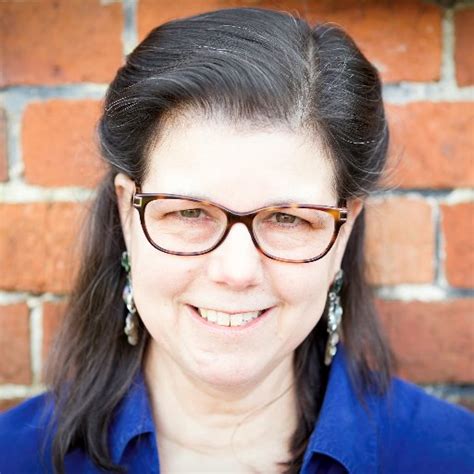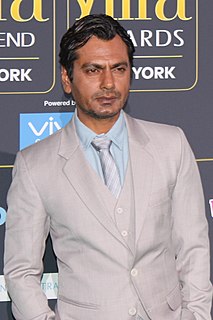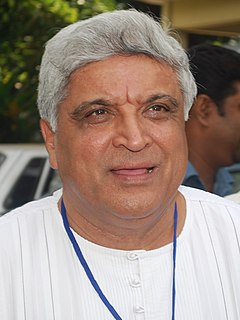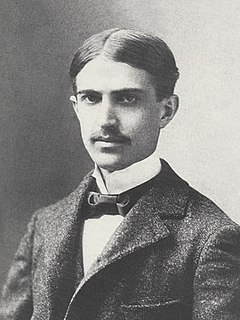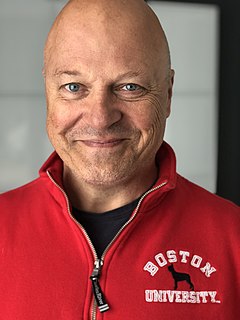A Quote by John R. Platt
We speak piously of ... making small studies that will add another brick to the temple of science. Most such bricks just lie around the brickyard.
Related Quotes
In a word, learning is decontextualized. We break ideas down into tiny pieces that bear no relation to the whole. We give students a brick of information, followed by another brick, followed by another brick, until they are graduated, at which point we assume they have a house. What they have is a pile of bricks, and they don't have it for long.
Bricks will be most serviceable if made two years before using; for they cannot dry thoroughly in less time. When fresh undried bricks are used in a wall, the stucco covering stiffens and hardens into a permanent mass, but the bricks settle and the motion caused by their shrinking prevents them from adhering to it, and they are separated from their union with it. At Utica in constructing walls they use brick only if it is dry and made five years previously, and approved as such by the authority of a magistrate.
Yesterday is history, tomorrow is a mystery, today is a gift, that's why we call it the present. If I am not for myself, who will be for me? And if I am only for myself, what am I? And If not now, when? A brick alone is nothing but a brick. It takes a collection of bricks to build a house. Instructor, what?? You mean you teach best what you most need to learn
Before Kuhn, most scientists followed the place-a-stone-in-the-bright-temple-of-knowledge tradition, and would have told you that they hoped, above all, to lay many of the bricks, perhaps even the keystone, of truth's temple. Now most scientists of vision hope to foment revolution. We are, therefore, awash in revolutions, most self-proclaimed.
Combining these two ancient teachings (yoga and vipassana) in a seamless manner, which will bring maximum benefits to the meditators, is not at all a challenge. It is just removal of some mental blocks. Ideally speaking, this combination should be done based on scientific, clinical and neurobiological studies and the combined structure should be made brick by brick, layer by layer in a flawless manner as a homogeneous composition.
We are living in a society that is totally dependent on science and high technology, and yet most of us are effectively alienated and excluded from its workings, from the values of science, the methods of science, and the language of science. A good place to start would be for as many of us as possible to begin to understand the decision-making and the basis for those decisions, and to act independently and not be manipulated into thinking one thing or another, but to learn how to think. That's what science does.


